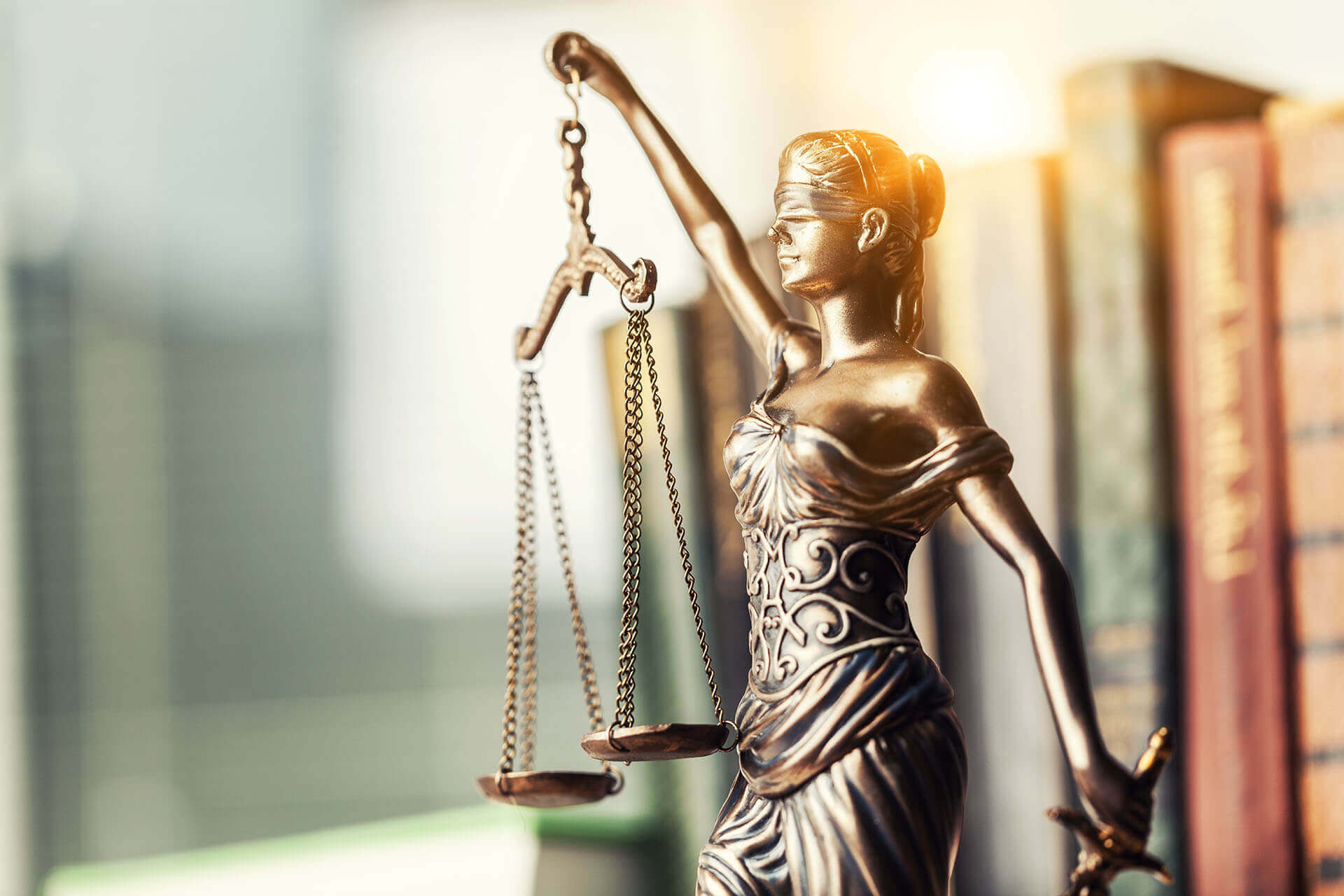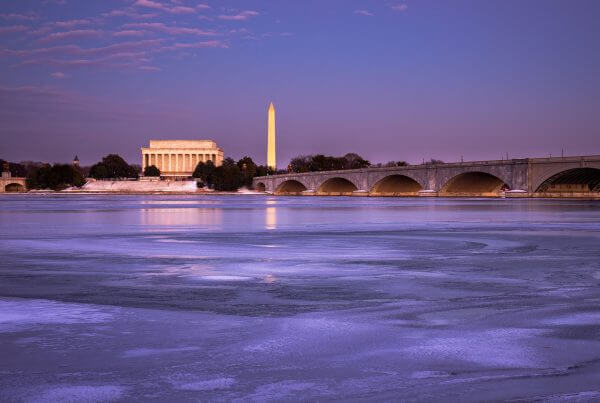A lawsuit challenging the Trump Administration’s June 22, 2020 Proclamation authorizing suspension of entry into the US for most foreign nationals has progressed.
On August 27, 2020, the US District Court for the District of Columbia will hold a hearing on the Motions for Preliminary Injunction and Temporary Restraining Order that was filed by plaintiffs (American Immigration Lawyers Association (AILA), Justice Action Center, and Innovation Law Lab) on July 31, 2020. The motion seeks to enjoin the presidential proclamations. On April 28, 2020, the plaintiffs challenged a presidential proclamation issued by President Trump on April 22, 2020 that suspended the entry of most foreign nationals into the United States. On July 17, 2020, the plaintiffs filed an amended complaint on behalf of employers, families, and organizations challenging President Trump’s second presidential proclamation, which was issued on June 22, 2020.
The presidential proclamations ban the entry of foreign nationals with a valid or pending L-1, H-1B, H-2B, and J-1 temporary visas through at least December 31, 2020. The proclamations were implemented to reserve over 500,000 jobs for US workers and improve the country’s unemployment rate following an economic downturn due to the COVID-19 pandemic. However, plaintiffs argue that contrary to the Trump Administration’s claims, there is no economic evidence showing that immigrants or temporary visa holders negatively affect the US economy. They also argue that the proclamations will negatively affect the nation’s ability to handle the COVID-19 crisis by impacting the workforce of industries such as science, technology, and medical care that are essential for mitigating the pandemic’s impact. In support of the plaintiffs’ argument, the District of Columbia and 22 states filed an amicus brief showing the economic harm that the presidential restrictions will have on their residents and state economies.
The upcoming hearing is the latest legal action taken against the Trump Administration for the presidential proclamations, which have faced considerable controversy since their inception.






